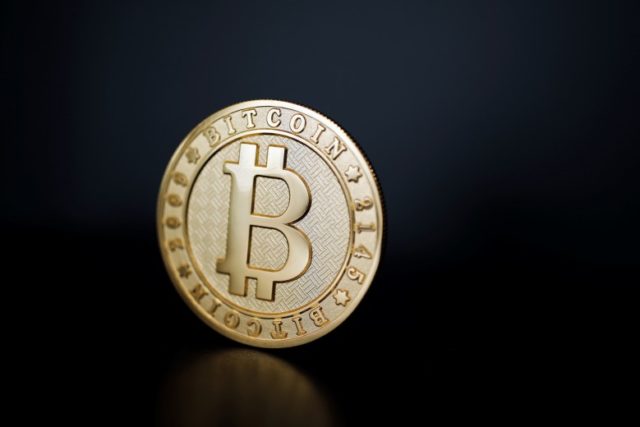Statistics Canada will release February Consumer Price Index (CPI) data on Tuesday, March 19 at 12:30 GMT, and as we get closer to release time, here are the forecasts from economists and researchers from five major banks on upcoming Canadian inflation data.
The annual headline CPI is expected to have accelerated to 3.1% from 2.9% in January. If so, inflation would be further above the 2% target, meaning the BoC can be patient before easing its monetary policy.
TDS
We expect headline CPI to return above target at 3.1% year-on-year in February following last month's slowdown, reflecting the contribution of rising energy prices, a slight rebound in basic goods and the persistence of safe haven components, as stagnation in core inflation measures suggests little progress in core inflation ahead of the BoC decision in April.
RBC Economics
Both headline and core inflation (excluding food and energy) are expected to be 3.1% year-on-year, with headline inflation rising from 2.9% in January due to higher energy inflation. Gasoline prices rose almost 4% in February from the previous month. Even so, the economic context is very weak, which means that price pressures in Canada are more likely to continue to ease and reduce, which would allow a first rate cut by the BoC also in June.
NBF
Rising gasoline prices during the month could translate into a 0.4% rise for the headline index before seasonal adjustment, which could push the 12-month rate from 2.9% to 3.1%. Like the headline index, the Bank of Canada's preferred underlying measures could strengthen, with the average CPI likely moving from 3.3% to 3.4%, and the adjusted CPI from 3.4% to 3.5%.
Citi
After a surprisingly soft reading of a flat headline CPI in January, we expect a solid rebound of 0.6% MoM in February. Part of this strength would reflect the usual seasonal patterns, in which prices rise in the first months of the year. The most important element of the monthly CPI reports will continue to be the measures of core inflation, the minimum CPI and the average CPI, and specifically the three-month annualized average pace of the underlying measures. Taking into account the somewhat stronger February data and the strong increase in December, which will continue to be included in the quarterly calculation, quarterly core inflation will likely remain close to 3% in February. Given that the February CPI is the last release before the April BoC meeting, a rate cut at that meeting remains highly unlikely.
CIBC
The increase in fuel pump prices in February likely contributed to the rise in the headline CPI to 3.0% year-on-year, reflecting a monthly increase of 0.6%. This would also include an acceleration in food and energy prices to 0.3% mom, as some volatile segments that saw large declines in January (clothing, airline tickets) could have seen a trend change in February, adding to increases in housing prices. However, beyond the volatility, price increases were likely not broader based, reflecting weak consumer demand, so we expect the adjusted and median CPI to remain unchanged.
Source: Fx Street
I am Joshua Winder, a senior-level journalist and editor at World Stock Market. I specialize in covering news related to the stock market and economic trends. With more than 8 years of experience in this field, I have become an expert in financial reporting.







